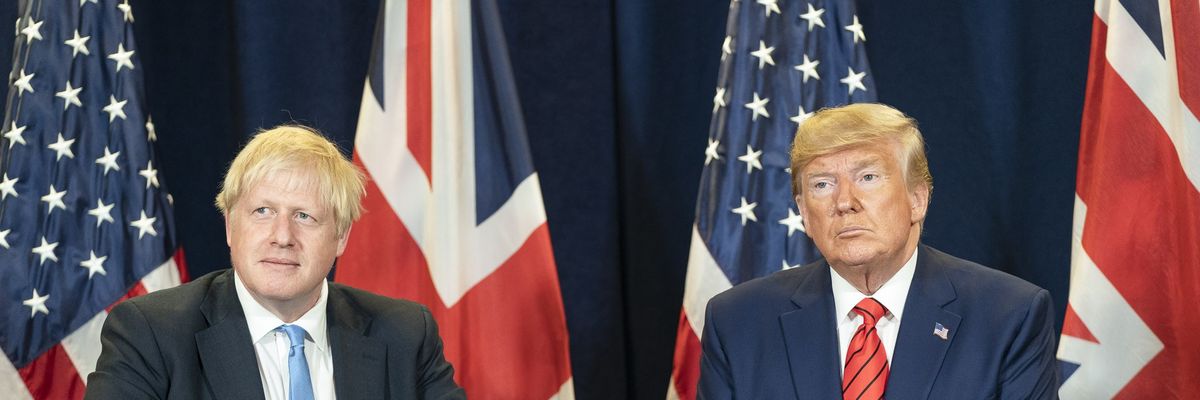As COVID-19 and its effects test leaders and peoples around the world, I can’t help but recall my former routine — during my time at the CIA — of monitoring the health indicators of foreign presidents, parliamentarians, and politicians.
Was there shortness of breath during the press conference? Does his skin tone seem increasingly pallid? Did she slur her words in that address? While there are many reasons to be concerned about the health of our political leaders, the implications we tend to focus on are succession planning and power vacuums — what happens if the leader dies or is incapacitated?
But, rather than go straight to that dark corner, we ought to take a broader approach and consider how illness affects decision-making. After all, good decisions by leaders are more important than ever during this time of crisis.
While UK Prime Minister Boris Johnson has now been released from the hospital, the list of political leaders at national and local levels who have tested positive for the COVID-19 virus continues to grow. Cases have been reported world-wide, from members of the U.S. Congress, to former NATO/EU official Javier Solana, to Iranian government officials, and more.
In Nicaragua, President Daniel Ortega has not been seen publicly for weeks, prompting speculation that he is ill with COVID-19. Politicians have long sought to hide illness and medical conditions from public view, primarily to avoid signs of physical weakness that could be used against them by political opponents. A classic example was Hillary Clinton’s bout of pneumonia while on the campaign trail in 2016, prompting a spate of commentary and speculation focused on her stamina and fitness for office.
Because of the high stakes, decision-making is already more challenging during a crisis. Having participated in multiple crisis simulations and war games, I have experienced firsthand how the body and mind react — primarily negatively — under stress.
But the COVID-19 pandemic brings an additional challenge. It personally threatens the well-being of leaders and their loved ones. If leaders become ill under such circumstances, their cognition, existing biases, and judgment are further strained. In the case of COVID-19, with its symptoms varying in terms of extent and severity, a leader may already be suffering the effects of COVID-19 before even realizing it. In addition, the majority of world leaders are male and are statistically less likely to visit the doctor than women. As such, they are likely to be less attuned to or acknowledge potential COVID-19 symptoms.
Assuming, as we have seen so far, those in power continue to interact with colleagues and constituents, avoid mask-wearing, and huddle together during press conferences, the infection rate among leaders around the globe will increase. Consequently, it is in our interest to monitor our leaders’ health indicators closely, to scrutinize decision-making, and to hold them accountable for their decisions.
Neuroscience shows that anxiety inhibits rational decision-making, but that is precisely what we need to help alleviate our fears surrounding the virus. Our confidence in government is predicated on seeing our leaders as credible decisionmakers. If the “brain fog” of a common cold is something to be avoided, then one can only imagine the effect of even a mild case of COVID-19 on cognition.
















